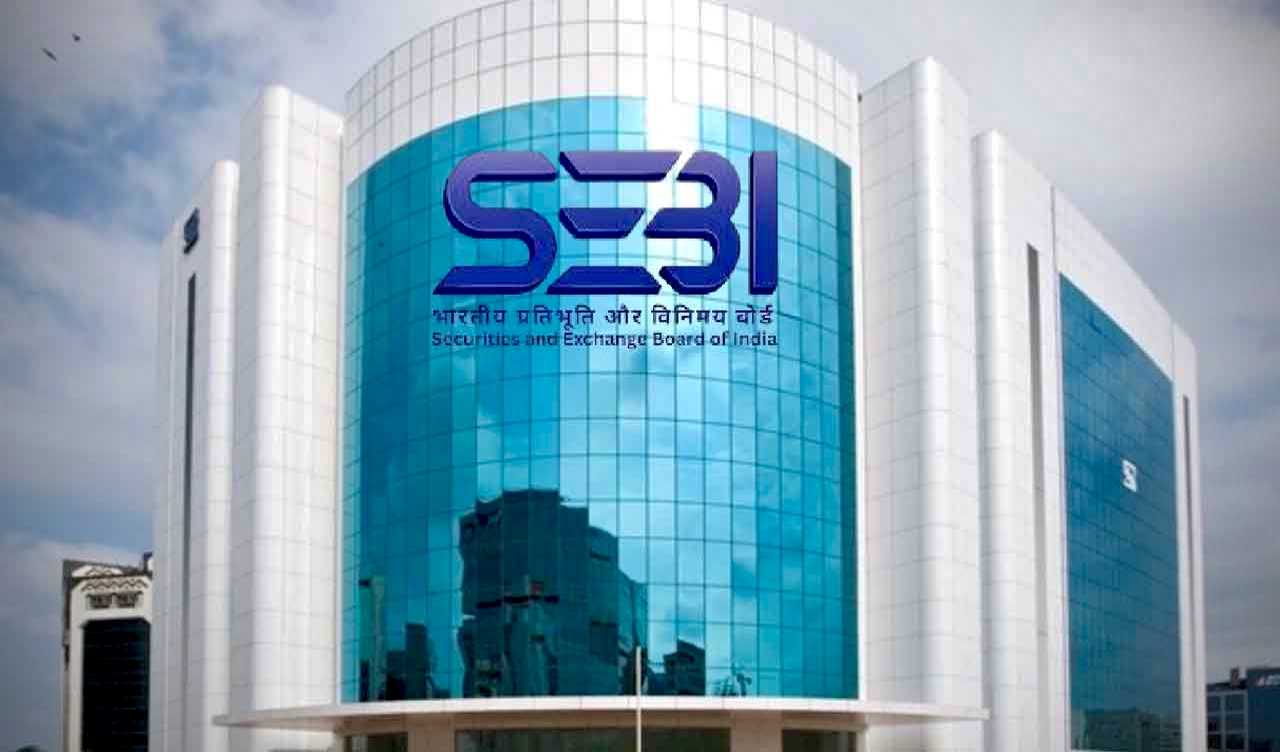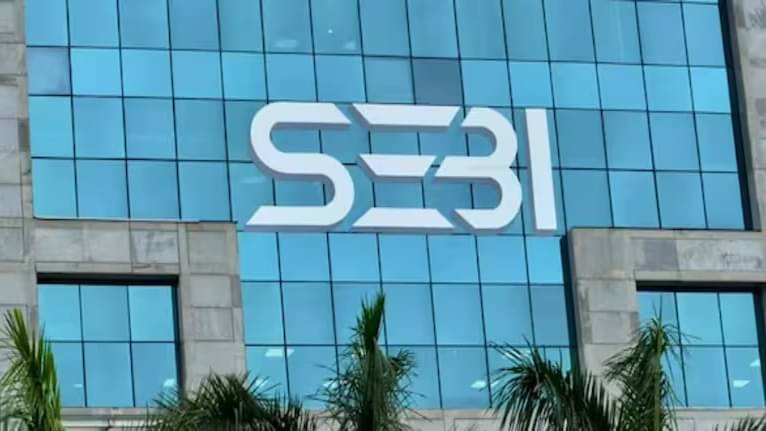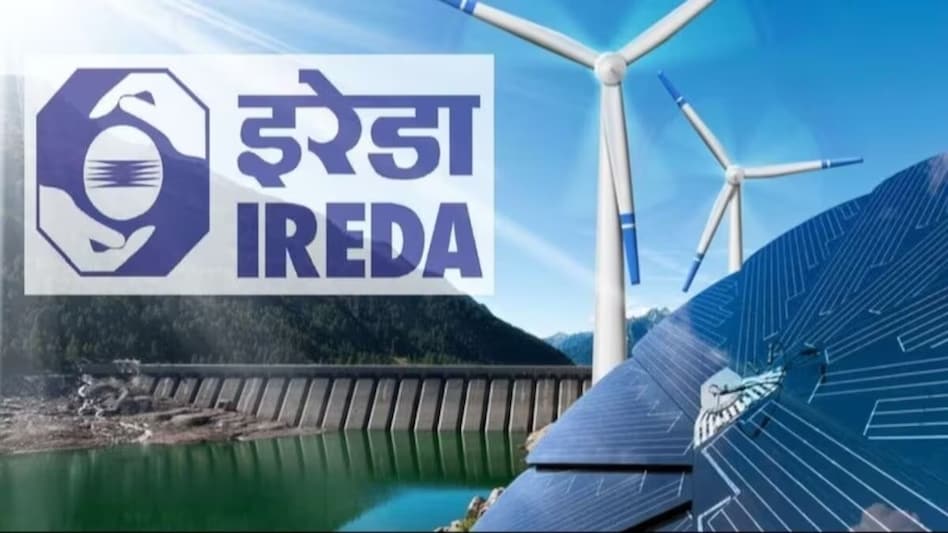
SEBI’s latest reform permitting Employee Stock Option Plans (ESOPs) for founders of IPO-bound startups is set to transform India’s startup landscape. The move will unlock founder retention, align long-term interests, and create a more competitive listing environment, say experts.
SEBI’s Bold Move to Boost Startup IPO Ecosystem
In a landmark regulatory shift aimed at encouraging more startups to list on Indian stock exchanges, the Securities and Exchange Board of India (SEBI) has approved a proposal allowing founders of IPO-bound startups to receive ESOPs—an incentive previously limited to employees and advisors. This policy reform addresses a long-standing demand from the startup community and is expected to strengthen India’s positioning as a global innovation hub.
This comes at a time when over 100 Indian startups are expected to explore IPOs between 2025 and 2027, including names like Ola Electric, FirstCry, and Swiggy. SEBI’s move could be a key catalyst in this upcoming wave.
What Has Changed: A Snapshot of the New Rule
- Old Rule: Founders/promoters were excluded from receiving ESOPs, per ICDR (Issue of Capital and Disclosure Requirements) Regulations.
- New Rule (2025): Startups listing on the Innovators Growth Platform (IGP) or regular mainboard can now allocate ESOPs to promoters/founders who are not part of the promoter group or in control post-listing.
Data Insight:
- Only ~15% of Indian startups list domestically.
- ESOPs account for 8-12% of startup cap tables, but founders often hold stagnant stakes.
- According to NASSCOM, startups saw 35% attrition in founder roles before IPO due to misaligned incentives.
Why This Matters: Implications for Startups, Investors & Founders
1. Founder Retention & Motivation
Founders who transition to non-promoter roles post-IPO often have no structured compensation. This change:
- Encourages longer-term commitment.
- Aligns founders’ interests with shareholder value creation.
- Reduces the chance of exit post-IPO, enhancing investor confidence.
2. Attracting Global Capital
Startups with U.S.-style founder incentives are more attractive to institutional investors and foreign PE/VC firms.
“This change brings Indian listing norms closer to U.S. and Singapore frameworks,” says Pranav Sayta, Partner, EY India.
3. Boost to IPO Pipeline
India saw only 20 tech IPOs between 2021-2024, lagging behind global peers.
- The ESOP flexibility removes a key bottleneck for startups eyeing domestic listing vs. overseas.
4. Improved Governance Signaling
By allowing ESOPs only to non-promoter or non-controlling founders, SEBI ensures:
- No misuse of promoter powers
- Better alignment with corporate governance standards
What Experts Are Saying
Market Experts
“This is a long overdue reform. Founder ESOPs are critical for aligning post-IPO incentives and boosting startup participation on Indian bourses,” — Ashish Dave, CEO, Mirae Asset Venture Investments (India).
Legal Perspective
“ESOPs granted post-listing, subject to proper vesting, can act as golden handcuffs. It’s a smart way to ensure leadership continuity,” — Madhavi Chugh, Partner, Khaitan & Co.
Startup Founders
“It makes India IPO-friendly for founders. This is a confidence booster and ensures we don’t look to list only in the U.S.,” — Kunal Bahl, Co-founder, Snapdeal.
Impact on the Startup IPO Landscape
| Metric | Before SEBI Change | After SEBI Change |
|---|---|---|
| Founder Retention Post-IPO | Low | Higher |
| IPO Readiness Among Startups | Limited | Improved |
| Global Capital Appeal | Moderate | Stronger |
| Governance Standards | Rigid | Balanced |
Future Outlook: A Shift in India’s Capital Market Dynamics
This move by SEBI is not just regulatory fine-tuning—it’s structural modernization. Expect a surge in:
- Domestic tech listings
- Pre-IPO ESOP planning
- Founder role optimization
Startups like Zepto, Ather Energy, and Lenskart could be early beneficiaries.
The policy also dovetails with India’s broader vision of becoming a $5 trillion economy, where capital market access is vital for startup scale-up.
Conclusion: A Welcome Push Toward Inclusive IPO Norms
By legitimizing ESOPs for startup founders, SEBI has made a strategic pro-founder pivot—balancing innovation with investor protection. This reform makes Indian stock markets more startup-friendly, globally competitive, and founder-retentive.
As India prepares for a busy IPO season in 2025–26, SEBI’s progressive stance could serve as a magnet for listing-ready startups and accelerate the formalization of India’s digital economy.Quick Summary:
SEBI’s latest reform permitting Employee Stock Option Plans (ESOPs) for founders of IPO-bound startups is set to transform India’s startup landscape. The move will unlock founder retention, align long-term interests, and create a more competitive listing environment, say experts.
SEBI’s Bold Move to Boost Startup IPO Ecosystem
In a landmark regulatory shift aimed at encouraging more startups to list on Indian stock exchanges, the Securities and Exchange Board of India (SEBI) has approved a proposal allowing founders of IPO-bound startups to receive ESOPs—an incentive previously limited to employees and advisors. This policy reform addresses a long-standing demand from the startup community and is expected to strengthen India’s positioning as a global innovation hub.
This comes at a time when over 100 Indian startups are expected to explore IPOs between 2025 and 2027, including names like Ola Electric, FirstCry, and Swiggy. SEBI’s move could be a key catalyst in this upcoming wave.
What Has Changed: A Snapshot of the New Rule
- Old Rule: Founders/promoters were excluded from receiving ESOPs, per ICDR (Issue of Capital and Disclosure Requirements) Regulations.
- New Rule (2025): Startups listing on the Innovators Growth Platform (IGP) or regular mainboard can now allocate ESOPs to promoters/founders who are not part of the promoter group or in control post-listing.
Data Insight:
- Only ~15% of Indian startups list domestically.
- ESOPs account for 8-12% of startup cap tables, but founders often hold stagnant stakes.
- According to NASSCOM, startups saw 35% attrition in founder roles before IPO due to misaligned incentives.
Why This Matters: Implications for Startups, Investors & Founders
1. Founder Retention & Motivation
Founders who transition to non-promoter roles post-IPO often have no structured compensation. This change:
- Encourages longer-term commitment.
- Aligns founders’ interests with shareholder value creation.
- Reduces the chance of exit post-IPO, enhancing investor confidence.
2. Attracting Global Capital
Startups with U.S.-style founder incentives are more attractive to institutional investors and foreign PE/VC firms.
“This change brings Indian listing norms closer to U.S. and Singapore frameworks,” says Pranav Sayta, Partner, EY India.
3. Boost to IPO Pipeline
India saw only 20 tech IPOs between 2021-2024, lagging behind global peers.
- The ESOP flexibility removes a key bottleneck for startups eyeing domestic listing vs. overseas.
4. Improved Governance Signaling
By allowing ESOPs only to non-promoter or non-controlling founders, SEBI ensures:
- No misuse of promoter powers
- Better alignment with corporate governance standards
🔍 What Experts Are Saying
📌 Market Experts
“This is a long overdue reform. Founder ESOPs are critical for aligning post-IPO incentives and boosting startup participation on Indian bourses,” — Ashish Dave, CEO, Mirae Asset Venture Investments (India).
Legal Perspective
“ESOPs granted post-listing, subject to proper vesting, can act as golden handcuffs. It’s a smart way to ensure leadership continuity,” — Madhavi Chugh, Partner, Khaitan & Co.
Startup Founders
“It makes India IPO-friendly for founders. This is a confidence booster and ensures we don’t look to list only in the U.S.,” — Kunal Bahl, Co-founder, Snapdeal.
Impact on the Startup IPO Landscape
| Metric | Before SEBI Change | After SEBI Change |
|---|---|---|
| Founder Retention Post-IPO | Low | Higher |
| IPO Readiness Among Startups | Limited | Improved |
| Global Capital Appeal | Moderate | Stronger |
| Governance Standards | Rigid | Balanced |
Future Outlook: A Shift in India’s Capital Market Dynamics
This move by SEBI is not just regulatory fine-tuning—it’s structural modernization. Expect a surge in:
- Domestic tech listings
- Pre-IPO ESOP planning
- Founder role optimization
Startups like Zepto, Ather Energy, and Lenskart could be early beneficiaries.
The policy also dovetails with India’s broader vision of becoming a $5 trillion economy, where capital market access is vital for startup scale-up.
Conclusion: A Welcome Push Toward Inclusive IPO Norms
By legitimizing ESOPs for startup founders, SEBI has made a strategic pro-founder pivot—balancing innovation with investor protection. This reform makes Indian stock markets more startup-friendly, globally competitive, and founder-retentive.
As India prepares for a busy IPO season in 2025–26, SEBI’s progressive stance could serve as a magnet for listing-ready startups and accelerate the formalization of India’s digital economy.







